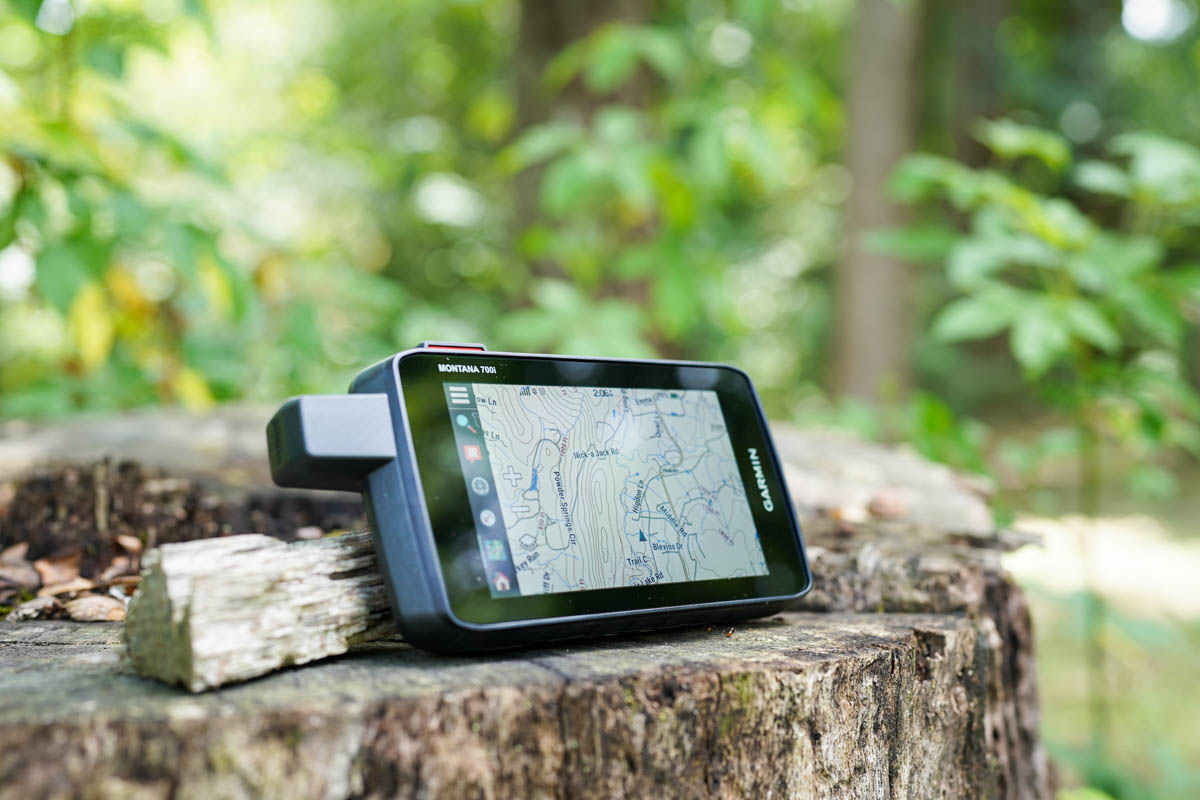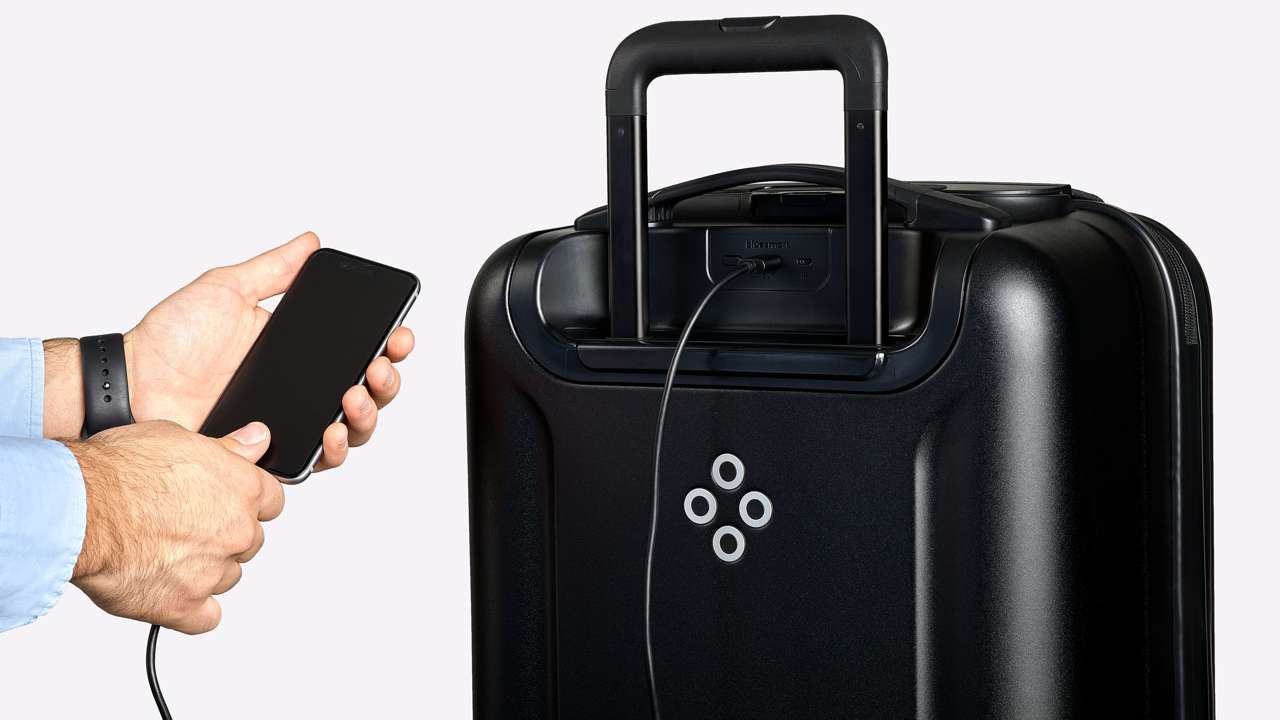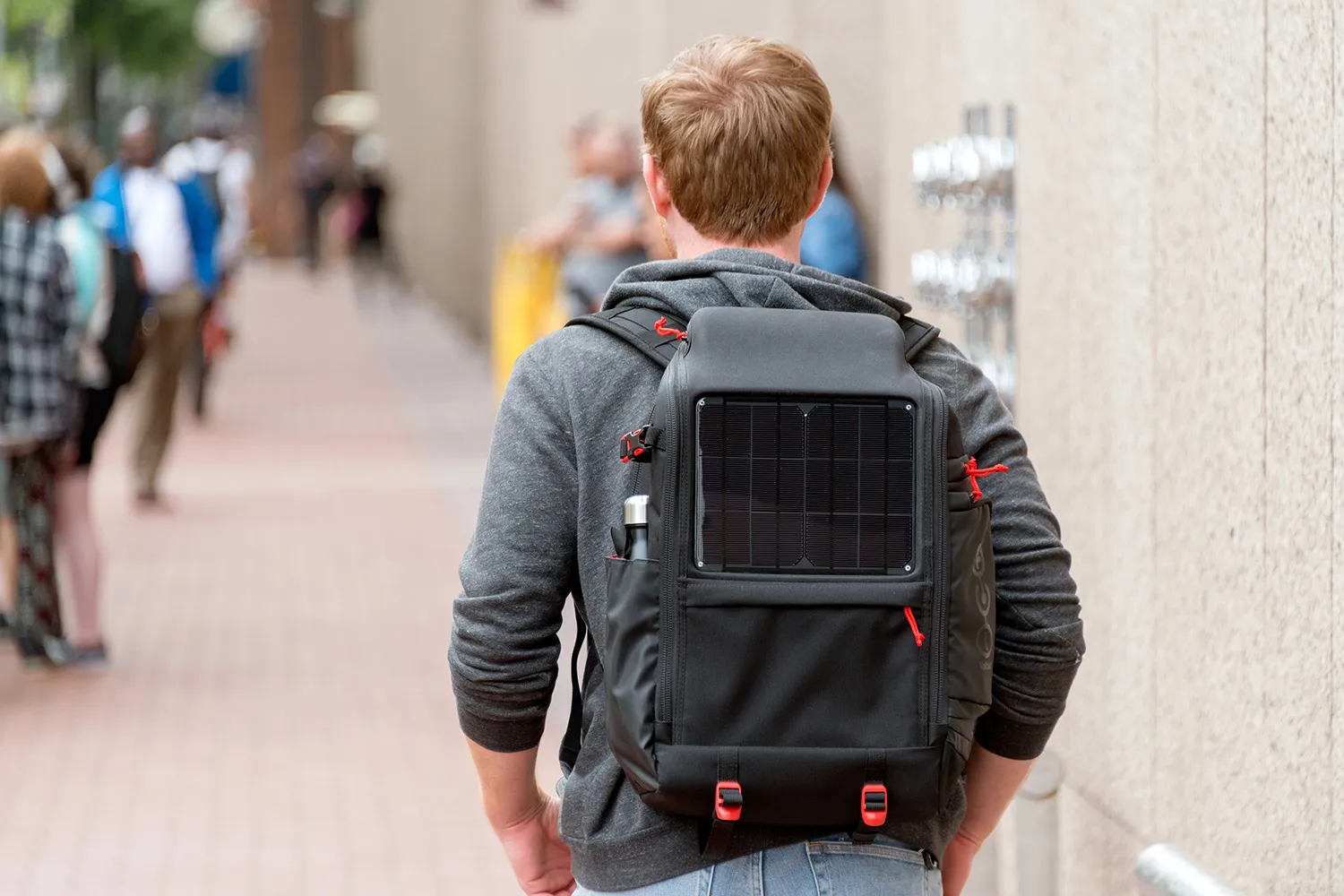vacationhavenhome – In an age where exploration and adventure are just a click away, GPS technology has become an indispensable tool for travelers around the globe. Whether you’re hiking through the mountains, navigating city streets, or exploring remote villages, understanding how to effectively use GPS can enhance your travel experience. Here’s everything you need to know about GPS for travelers.
What is GPS?
Global Positioning System (GPS) is a satellite-based navigation system that allows users to determine their exact location (latitude, longitude, and altitude) anywhere on Earth. Originally developed for military use, GPS has since become a vital tool for civilian applications, especially in travel and outdoor activities.
Benefits of GPS for Travelers
- Accurate Navigation: GPS provides real-time directions and helps users find the quickest routes to their destinations, avoiding traffic and detours.
- Offline Maps: Many GPS apps allow users to download maps for offline use, making it easier to navigate in areas with limited or no internet connectivity.
- Safety and Security: GPS tracking can enhance safety, enabling travelers to share their location with friends or family, or use emergency features in case of trouble.
- Points of Interest: GPS applications often highlight nearby attractions, restaurants, and services, enriching the travel experience by helping travelers discover hidden gems.
- Adventure and Exploration: For outdoor enthusiasts, GPS devices and apps can assist in tracking trails, marking waypoints, and ensuring a safe journey in unfamiliar terrains.
Types of GPS Devices and Applications
- Smartphone GPS Apps: Popular applications like Google Maps, Waze, and Apple Maps provide comprehensive navigation services, including real-time traffic updates and public transport options.
- Dedicated GPS Devices: For more rugged travel, dedicated GPS units designed for hiking, biking, or off-roading offer robust features and durability, often with longer battery life.
- Wearable GPS Devices: Smartwatches and fitness trackers often come equipped with GPS capabilities, perfect for tracking your runs, hikes, or bike rides.
- Offline Navigation Tools: Apps like Maps.me and CityMaps2Go allow users to download entire city maps for offline use, which is invaluable when traveling abroad.
Tips for Using GPS Effectively
- Keep Your Device Charged: Ensure your device is fully charged before heading out. Consider carrying a portable charger for longer excursions.
- Familiarize Yourself with the App: Spend some time learning how to use your chosen GPS app before your trip. Understand features like route options, offline maps, and points of interest.
- Check for Updates: Keep your maps and apps updated to ensure you have the latest data, which can include new roads, points of interest, and changes in traffic patterns.
- Use Landmarks for Orientation: While GPS is incredibly helpful, it’s also good to be aware of your surroundings. Use landmarks and signs to stay oriented, especially in dense urban environments.
- Plan Ahead: Before embarking on a journey, input your destination and review your route. This helps you identify potential challenges, like tolls or areas with poor reception.
- Have a Backup Plan: Technology can sometimes fail. Carry a physical map or download an offline version of your route in case of GPS malfunctions.
Conclusion
GPS technology has revolutionized the way we travel, making it easier to explore new places with confidence. By understanding how to leverage GPS devices and applications, travelers can enhance their adventures, navigate with ease, and discover the world around them. Whether you’re embarking on a grand expedition or a simple road trip, GPS is your reliable travel companion, guiding you every step of the way.





